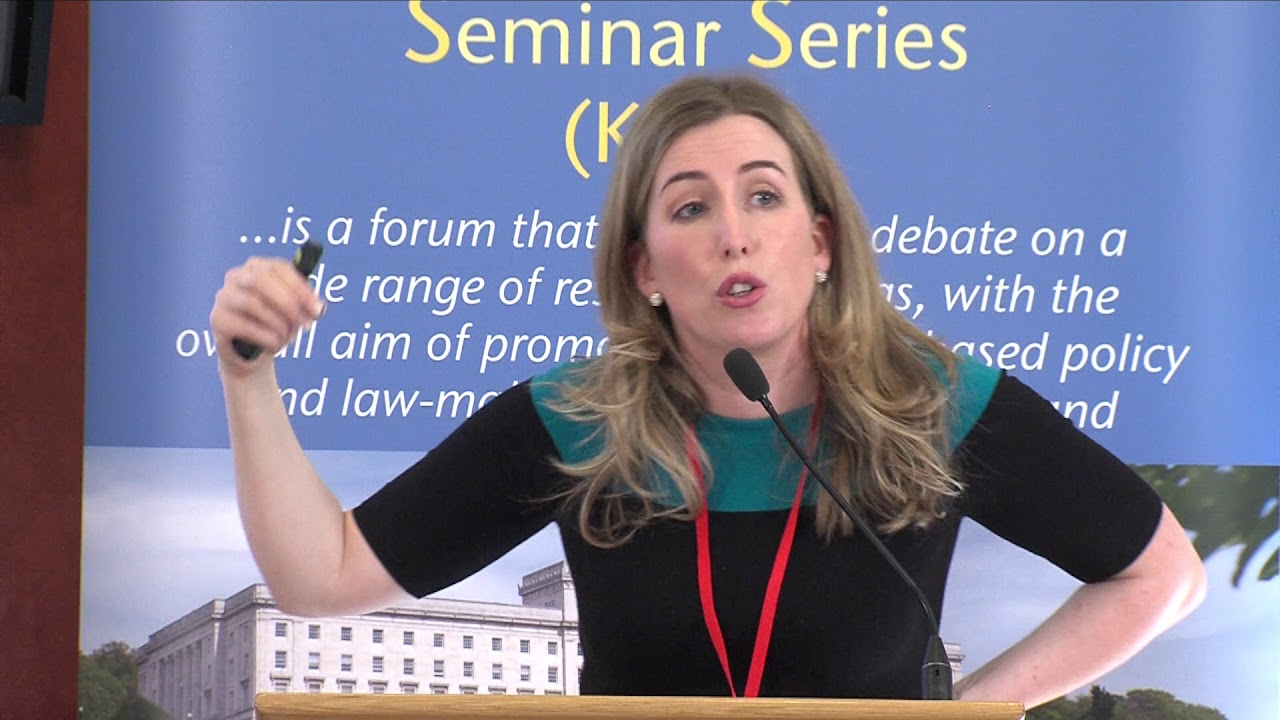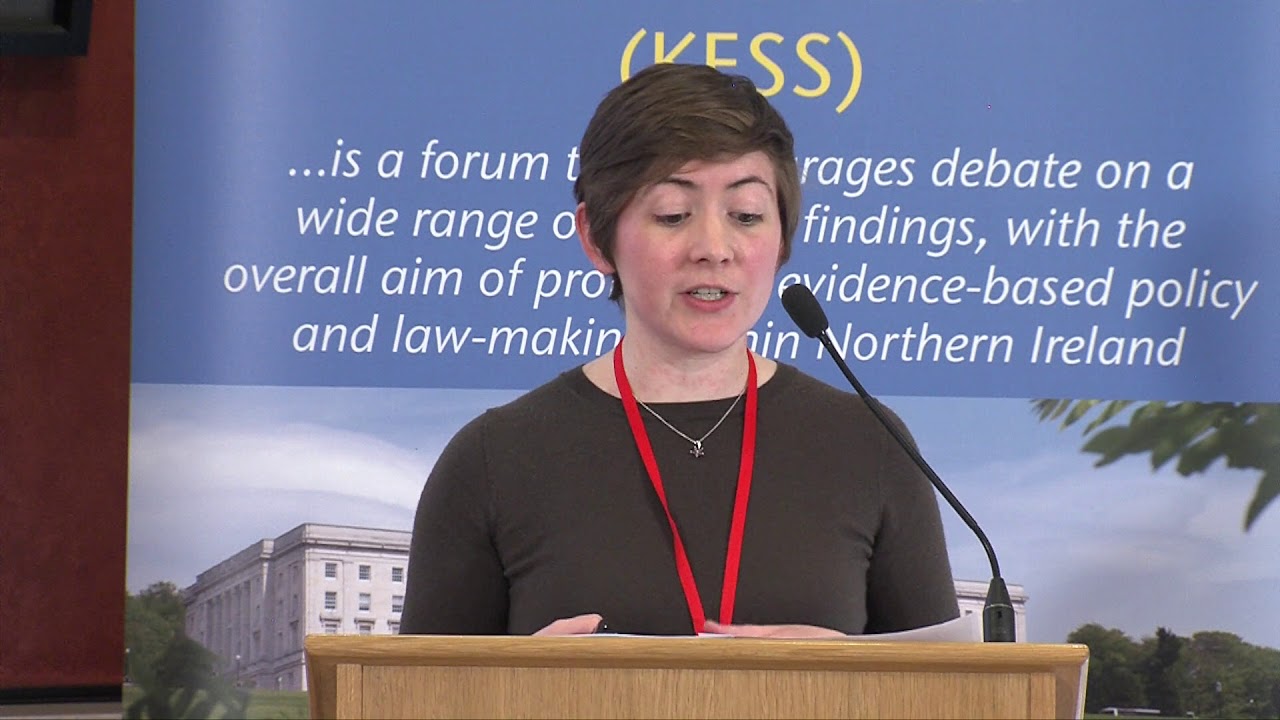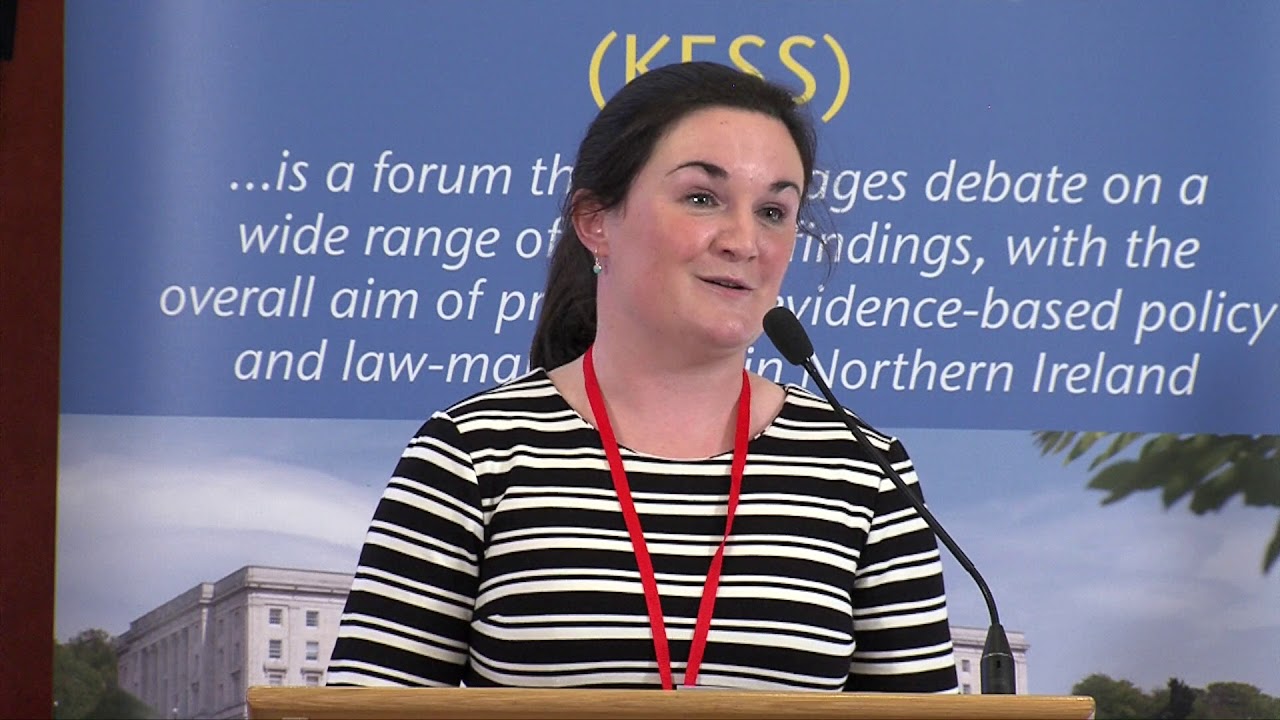The Health and Mental Health of Informal Caregivers in Rural and Urban Northern Ireland
Dr Stefanie Doebler (QUB): This presentation discusses new research findings from a project that analyses effects of providing unpaid care to a family member or neighbour on the self-reported health and mental health of the care-giver. The results are based on robust statistical analyses of Northern Ireland Longitudinal Study (NILS)-data. The NILS is a Census-linked … Read more





